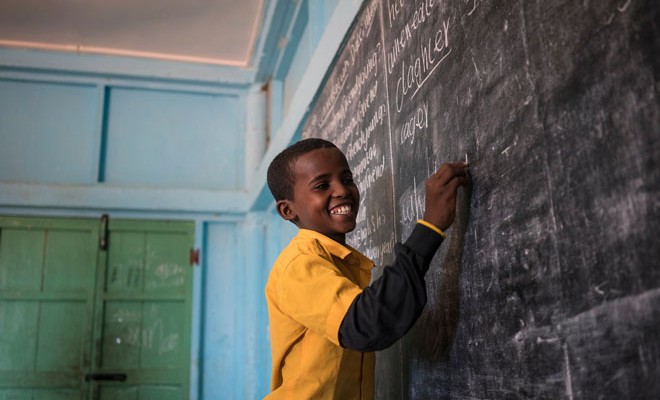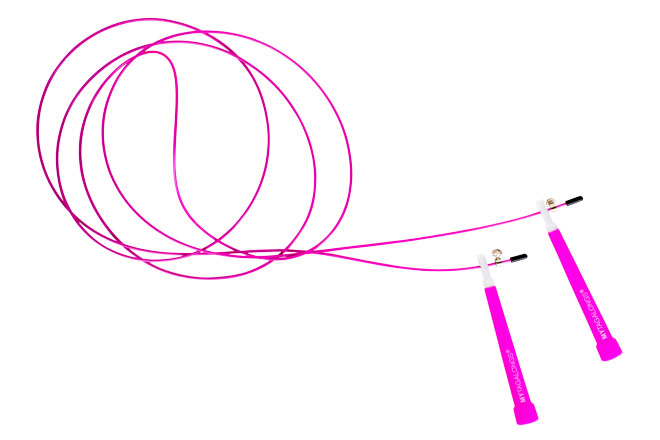 © UNICEF/UN060468/Knowles-Coursin
© UNICEF/UN060468/Knowles-Coursin
BY MARYANNE BUECHNER FOR UNICEF USA
Education is the most powerful weapon we can use to change the world. – Nelson Mandela
At the heart of UNICEF’s mission to save and protect the world’s children lies the conviction that education is not a privilege, but a basic human right. Every child has the right to learn.
Underpinning this core belief is the knowledge that education is a sound investment that transforms lives and builds better futures for individual children, their communities, and their countries.
According to UNESCO, additional years of schooling can boost a nation’s GDP, and if every adult completed a secondary education, world poverty would be cut by more than half. This is the power of education. And this is what drives UNICEF’s efforts to bring education to children who are most at risk of being left behind — especially children who are fleeing conflict, facing famine, are forced to work, or are forced to marry.
In 2016 alone, UNICEF spent $1 billion on education programs globally, with 700 experts working in 155 countries. Through these efforts, UNICEF provided learning materials and other support to 15.7 million children, including 11.7 million children affected by war, natural disasters, and other humanitarian emergencies.
Thanks in part to the work of UNICEF and its partners, 100 million more children are attending school today than there were a decade ago. Hundreds of thousands of classrooms are better equipped, and tens of thousands of teachers are better trained.
Not only that, UNICEF is working to close the gender gap in education by empowering girls and promoting more equitable access in 60 countries. But despite the efforts, 264 million children and adolescents worldwide are still out of school and missing out on the education they need to reach their full potential.
In South Sudan, for example, many schools have closed, and teachers have fled, along with 3.4 million other people as a result of the ongoing war. UNICEF provides safe spaces and educational materials to help displaced and refugee children who have been forced out of school to get back to learning.
In Somalia, where famine looms as a result of a severe drought, displacing families and endangering young lives, UNICEF is providing clean, safe water to schools in addition to other emergency relief to help keep kids enrolled.
In Syria, six years of violent conflict and social upheaval have pushed 1.75 million children out of school. It’s particularly challenging for UNICEF to reach children in areas that remain under siege. Some children are making do with makeshift classrooms and volunteer teachers. In 2016, UNICEF supported more than 327,000 children who are learning in these informal settings.
That’s why UNICEF is calling families across the United States to make a difference in the lives of children around the world by helping them have the same opportunity for an education and a brighter future. Click here to learn more on how you can help.
UNICEF USA does not support any company, product or service.




